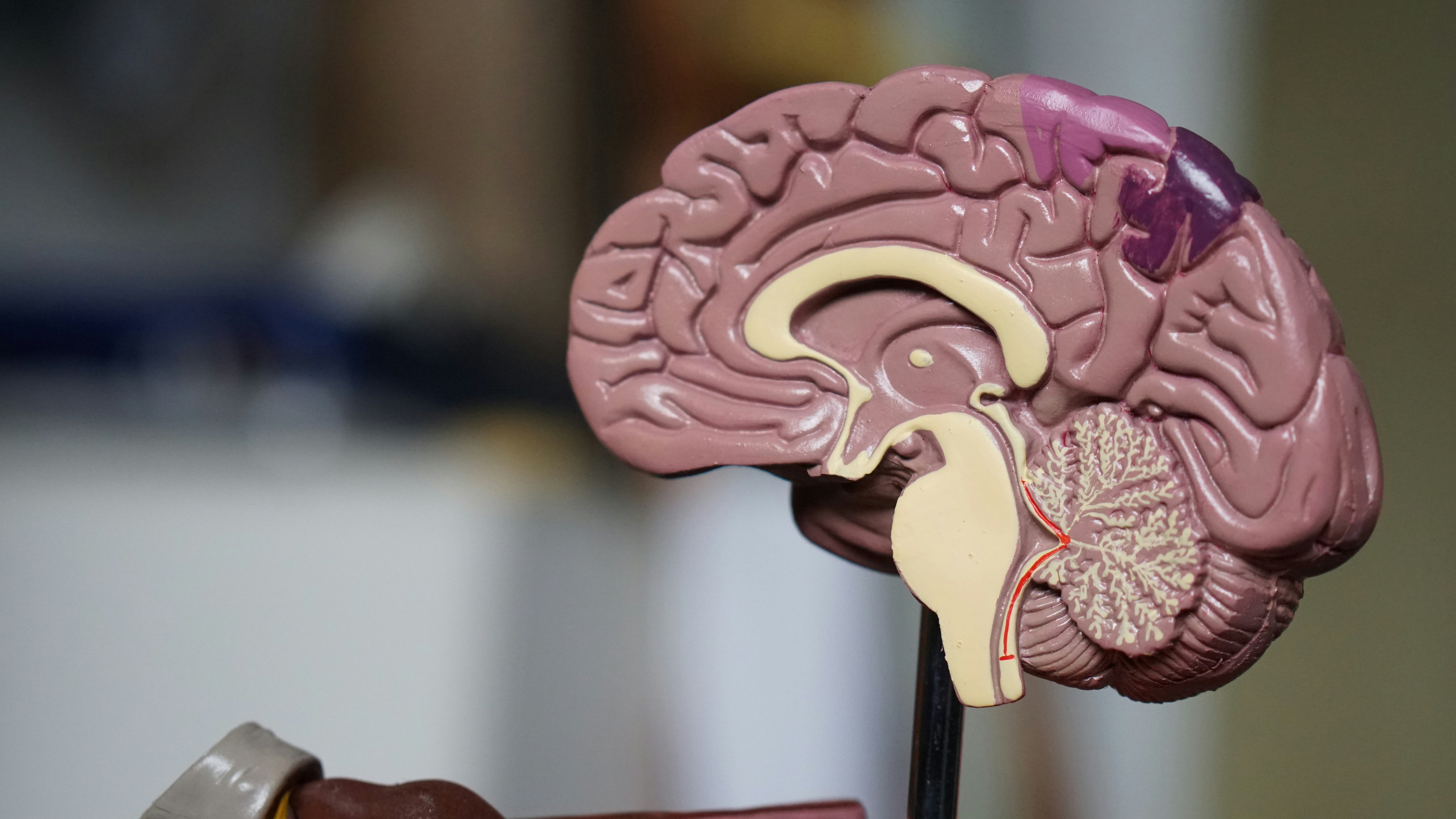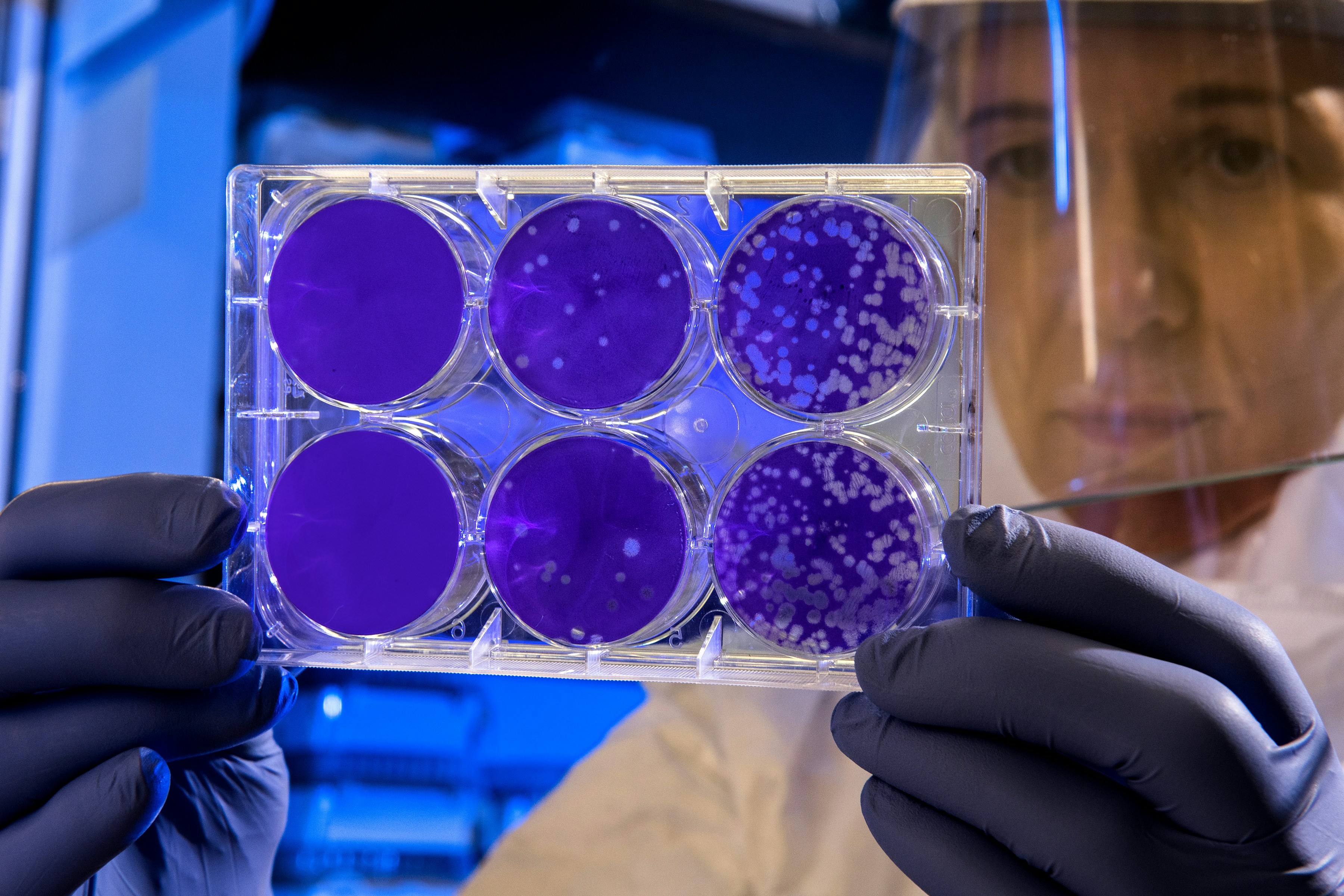Scientists Discover What Could be the Key to Slowing Down Aging

What if the secret to slowing down aging was hiding in our brains? A groundbreaking study by researchers at the Allen Institute for Brain Science in Seattle, published in Nature in January 2025, may have uncovered some exciting clues. Using cutting-edge technology, the team analyzed over 1.2 million brain cells from young and aged mice to understand how they change with time. They found that certain cells become inflamed, while others lose critical functions, and all eyes are now on the hypothalamus as a key player in the aging process. These findings deepen our understanding of aging and could pave the way for treatments that keep our brains younger for longer.
The Hypothalamus: Aging’s Power Center

Researchers found that the hypothalamus, especially the area around the third ventricle, is a hub for brain aging. Cells here, like tanycytes and ependymal cells, showed dramatic changes with age. These shifts include reduced neuronal function and increased immune activity, which could explain why this region is so crucial for managing energy and overall brain health. Scientists believe this area could hold the key to unlocking anti-aging breakthroughs.
Immune Cells in Overdrive

As we age, certain immune cells in the brain—like microglia—go into overdrive. This heightened activity, known as “inflammaging,” can damage healthy cells and may be linked to conditions like Alzheimer’s. By identifying the genes behind this response, researchers are opening the door to therapies that could calm inflammation and protect the brain from harm.
Neurons Feeling the Strain

Neurons, the brain’s messengers, showed some concerning signs of aging. Genes that help neurons maintain their structure and function were found to decline significantly, particularly in memory-related areas like the hippocampus. This discovery sheds light on why cognitive abilities often decrease with age and offers new targets for protecting brain health.
Losing the Ability to Regenerate

The study also found that aging significantly impacts the brain’s ability to create new neurons, a process known as neurogenesis. Regions like the dentate gyrus, which are typically hubs for regeneration, showed a marked decline in activity. This loss of regenerative potential is another puzzle piece in understanding how aging affects the brain—and how we might intervene.
Hope for the Future

The study’s findings go beyond just mapping changes—they offer a roadmap for future therapies. By identifying specific genes and cell types most affected by aging, researchers can target interventions to slow or even reverse cellular decline. For example, reducing inflammation in overactive immune cells or enhancing the regenerative capacity of neurogenic regions like the dentate gyrus could help preserve brain health. These insights lay the groundwork for precision medicine approaches, where therapies are tailored to counteract specific age-related cellular changes. While the research was conducted on mice, it provides a possible foundation for translating these discoveries to humans, potentially revolutionizing the way we approach aging and age-related diseases.